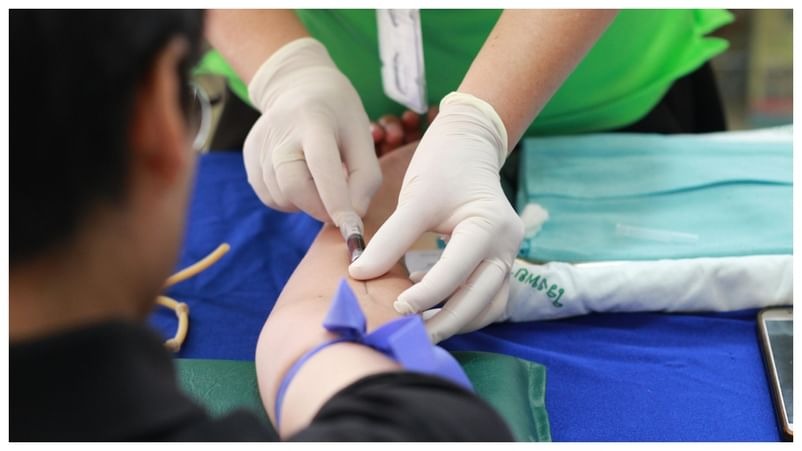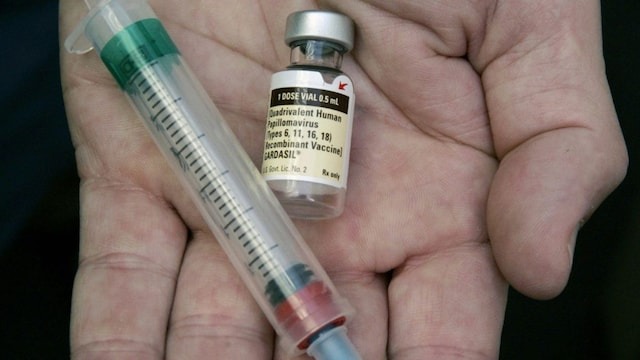
Human papillomavirus (HPV) is a common virus that affects millions of people around the world. While HPV is often linked to cervical cancer in women, it also poses serious health risks to men, including penile, anal, and oropharyngeal cancers. Vaccinating boys against HPV is a crucial public health measure that not only protects them from these potentially life-threatening diseases but also contributes to broader community immunity.
In an interview with News9Live, Dr. Usha B R, a Fertility Consultant, Laparoscopy & Robotic Surgeon at Fortis Hospital Bannerghatta Road, emphasized why the HPV vaccine is essential for men as well.
Understanding HPV and Its Risks
HPV is a group of over 200 related viruses, many of which are sexually transmitted. While most HPV infections clear up on their own, certain high-risk strains can lead to cancer. In men, persistent infections with high-risk HPV types are associated with penile and anal cancers, as well as cancers of the throat and mouth. These cancers can be aggressive and difficult to treat, highlighting the importance of preventive measures.
Why Vaccination Matters for Boys
HPV vaccination campaigns have traditionally focused on girls to prevent cervical cancer. However, extending vaccination to boys offers significant benefits. Firstly, it directly protects boys from HPV-related cancers and genital warts. Secondly, vaccinating boys reduces the overall circulation of the virus, lowering the risk of transmission to future partners. This dual protection makes vaccinating boys an essential part of any comprehensive HPV prevention strategy.
The Role of Early Vaccination
The Centers for Disease Control and Prevention (CDC) and the World Health Organization (WHO) recommend HPV vaccination for both boys and girls at ages 11 or 12, although it can be given as early as age 9. Early vaccination ensures immunity before potential exposure to the virus through sexual activity. Additionally, younger individuals tend to respond more effectively to the vaccine, requiring fewer doses for optimal protection.
Addressing Myths and Concerns
Despite the proven safety and effectiveness of the HPV vaccine, vaccination rates among boys are still lower than those for girls in many regions. Misunderstandings about the vaccine’s purpose and safety contribute to hesitancy. It’s vital to educate parents and caregivers about the vaccine’s role in preventing cancer and to dispel myths that link the vaccine to promiscuity or severe side effects. Research consistently shows that the HPV vaccine is safe, with only mild side effects such as temporary soreness at the injection site.
Global and Societal Impact
Widespread HPV vaccination for boys offers significant public health benefits. By reducing the prevalence of HPV, these vaccination programs can decrease the incidence of HPV-related cancers and lower healthcare costs associated with their treatment. Additionally, promoting vaccination for boys reinforces gender equity in health initiatives, ensuring that both men and women benefit equally from disease prevention.
Conclusion
HPV vaccination is a crucial tool in preventing cancers linked to this widespread virus. By vaccinating boys, we not only protect them from serious health risks but also contribute to the global goal of eradicating HPV-related cancers. It’s important for parents, healthcare providers, and policymakers to work together to ensure that boys receive this life-saving vaccine, paving the way for a healthier, cancer-free future for everyone.

 Desk
Desk Share
Share






